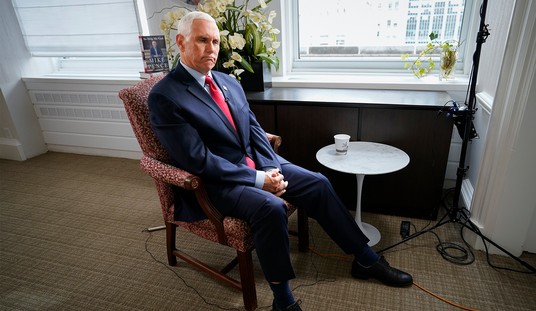This morning, so-called campaign finance “reform” was dealt a staggering blow when the Supreme Court ruled in Citizens United v. FEC, overturning a 20-year-old precedent upholding bans on independent political speech by incorporated entities, including businesses, unions, and advocacy groups. A key portion of McCain-Feingold was also struck down.
In practical terms, the decision simply means that incorporated entities such as General Electric, the United Auto Workers, the National Rifle Association, and the American Society of Travel Agents can now run ads from their general treasury funds that urge people to vote for or against a specific candidate.
Needless to say, the decision is causing a great deal of concern among those terrified that Americans might hear political speech from sources they’d prefer be silenced. For example, in anticipation of the decision Florida Congressman Alan Grayson has introduced bills that would impose a 500% excise tax on independent political spending by corporations and would ban stock exchanges from trading shares of companies that engage in political spending.
The case in question was originally about whether a nonprofit group, Citizens United, could air ads promoting a movie they had produced that was critical of then-candidate for president Hillary Clinton, and whether they could offer it through video-on-demand.
Given the clear words of the First Amendment (“Congress shall make no law…”), this shouldn’t have been a problem. Criticizing candidates for office should presumably be fully protected speech.
Unfortunately, our nation’s complex web of campaign finance laws strictly regulate who may speak, what they may say, and where they can and cannot get their funding from to promote and disseminate their speech. Citizens United fell afoul of these laws, and were told by the government that because they were incorporated, and because they accepted some funds from for-profit corporations, they could not air their ads or show their movie.
This was appealed, and the case made its way to the Supreme Court in early 2009. During oral arguments for the case, the government’s attorney defending the decision to deny Citizens United their right to speak actually claimed that campaign finance laws could be used to ban books.
This stunning claim finally revealed to many the extent of how campaign finance laws intrude on and suppress the First Amendment’s guarantee of full and unfettered political speech. The Court today firmly rejected the notion that just because citizens organize through the corporate form, they can be prevented from speaking out in elections.
Opponents of unregulated political speech are furious, and are vowing to pour millions of dollars into an effort to pass legislation that will directly supply taxpayer dollars to political candidates, up to $4 billion each election cycle at the federal level.
How this is supposed to address what they believe to be the problems of unlimited political speech by incorporated entities is a mystery, but the campaign finance “reform” community is notorious for jumping on any controversy or scandal and claiming that their pet solutions are the answer, no matter how divorced from reality the claim is.
Taxpayer financed political campaigns not only fail to address whatever problem “reformers” believe is created by the Citizens United decision, they also tend to benefit incumbents and strengthen the connection between candidates and organized interests, contrary to claims that they help “average Americans” and free politicians from “special interest” dollars. Such schemes almost invariably fail to provide the promised benefits.
While there remain far too many restrictions on citizens’ right to support the candidates and causes of their choice (contribution limits, intrusive disclosure requirements), today the Supreme Court struck a decisive blow for the First Amendment. Hopefully it is but the first of many victories rolling back these assaults on our liberties!









Join the conversation as a VIP Member